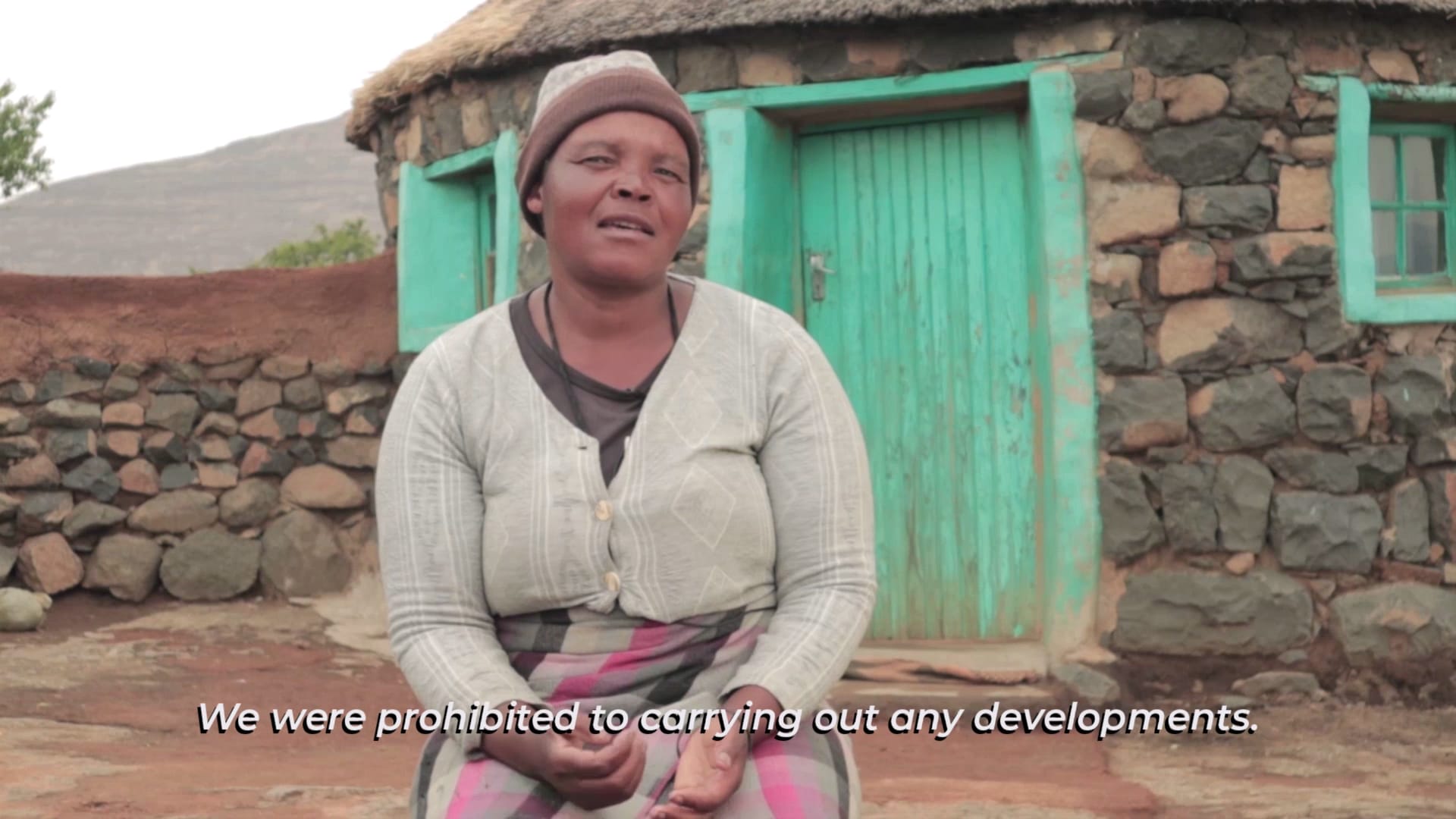By The Reporter.
Seinoli Legal Centre in collaboration with the Southern Africa Human Rights Defenders Network this week conducted a three-day workshop for grass-roots human rights defenders (HRDs) in Mokhotlong.
Program Lawyer at Seinoli Legal Centre, Moeketsi Lepeli told theReporter on Wednesday this week that the purpose of the training was to equip human rights defenders with the knowledge and skills to be powerful advocates for their rights and for those communities they defend.
The workshop brought together HRDs from several villages including Masakong, Maluba-lube, Mapholaneng, Tlooa-Re-Buoe, and Ha-Ramonakalali. Police, community councilors and local chiefs also attended.
“The workshop sought to capacitate HRDs on human rights and laws protecting those rights, as well as how to engage with project implementers on community issues. We believe in empowering communities to fight for their rights,” he said.
According to Lepeli, the participants were working on a wide range of human rights issues and disputes affecting communities such as land compensation and displacement or relocation of households affected by Phase II of the Lesotho Highlands Water Project (LHWP).
He indicated that they had realised that disputes between projects implementers – in this case the Lesotho Highlands Development Authority (LHDA) which is overseeing the water project – and the communities affected by the water project led to harassment and intimidation of human rights defenders in Lesotho.
“Such acts prompted us as rights groups to capacitate the HRDs so that they know legal routes to take when their rights are being intimidated. They need to understand legal ways of fighting or protecting their rights. We believe that together, we can bring about positive change,” Lepeli said.
The rights groups had also realised that human rights defenders encounter a lot of challenges in defending the environment and the rights of local communities owing to the lack of laws that provide protection for defenders.
“Many of them are unaware of the laws designed to protect them from such injustices. Limited access to legal assistance further marginalises these communities. That’s why our goal is to enhance oversight and strengthen the role of HRDs in monitoring and responding to human rights violations,” Lepeli explained.
Human rights defender, Lebohang Lengoasa said the workshop had provided them with an opportunity to share their experiences with the police.
This was moreso because when they peacefully fight for their rights, especially through placards delivering messages, security agencies are the first group to harass them.
In a recent joint statement dated 31 May 2023, the two human rights groups strongly condemned any actions that hinder the work of HRDs and undermine their fundamental rights to freedom of expression, peaceful assembly, and association.
“These rights are enshrined in section 14 of the Constitution of Lesotho as well as under international human rights instruments, including the Universal Declaration of Human Rights and the African Charter on Human and Peoples’ Rights, to which Lesotho is a party,” the organisations noted.
They also expressed concern over the recent acts of harassment and intimidation against HRDs in Lesotho.
“We strongly condemn any actions that hinder the work of HRDs and undermine their fundamental rights to freedom of expression, peaceful assembly, and association. These rights are enshrined in section 14 of the Constitution of Lesotho as well as under international human rights instruments, including the Universal Declaration of Human Rights and the African Charter on Human and Peoples’ Rights, to which Lesotho is a party,” the statement added.



